0 Comments
Kaleidocode will be hosting a community morning event designed around modern testing and automation. The event will be hosted at Kaleidocode's offices in Umgeni Business Park, Durban on 23rd November from 8.30am to 10.00am. Suhail Hassun - Senior Automation Engineer at Kaleidocode will be driving the sessions sharing on trending topics in this exciting space.
A series of interesting sessions will be presented with lots of time for Q&A:
For more details and to RSVP on MeetUp: www.meetup.com/durban-test-automation-meetup-group/events/297211542/ Come and connect with the local testing & automation community, learn some new concepts and network with your peers. Watch Chris Tite presenting on Software Apprenticeships. This event was recorded at Devconf, May, 25th 2023, Pretoria. 7 years ago Kaleidocode and Kaleidocode Pivot made the decision to change our approach and instead of only trying to find great people, we decided to help develop them as well. Leveraging our internal company ethos of learning, as well as our tagline "Learn, Grow, Deliver" we embarked on a journey to grow young developers and positively contribute to the software development ecosystem.
This presentation from Kaleidocode CTO, Chris Tite is not only the story of our journey, it is also the story of some of our juniors who have been through the apprenticeship program and are now leaders in our and other organisations. In the video Chris covers:
From Zero to Hero: Growing a Software Development Apprenticeship Program From Concept to Success!5/26/2023 Kaleidocode CTO, Chris Tite, presented on building an effective apprenticeship program for software developers at the recent DevConf developers conference that was held in Cape Town and Pretoria on 23rd and 25th May.
There was a great deal of interest in the experiences that Chris shared. Growing technical young people is a key topic for companies and organisations in South Africa. A group of our very own Kaleidocoders and Pivoteers travelled to Pretoria on 25 May to experience DevConf23. We had our very own Chris Tite (Kaleidocode CTO) speaking at the event on creating an apprenticeship.
Our team attended a broad variety of presentations. They guys really enjoyed the content with several takeaways coming back from the conference. Growing our thinking in new spaces is exactly what we love to do. We were so excited to support DevConf and look forward to next year's conference. We are super excited to be attending and supporting DevConf 2023 this year. A large group of our Kaleidocoders are travelling to Pretoria to join in the learning on 25 May.
DevConf is a great way for developers to stay up to date with the latest technologies, network with other developers, and learn new skills. Attending DevConf can be a great way to stay ahead of the curve and help advance your career. We hope to see you there! |
KaleidocodingWhat is happening at Kaleidocode? Archives
March 2024
Categories |
Company |
SERVICES |
|

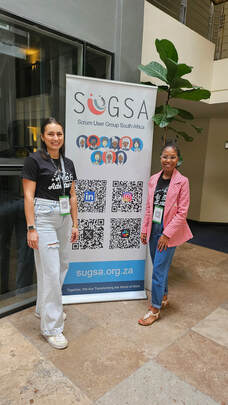
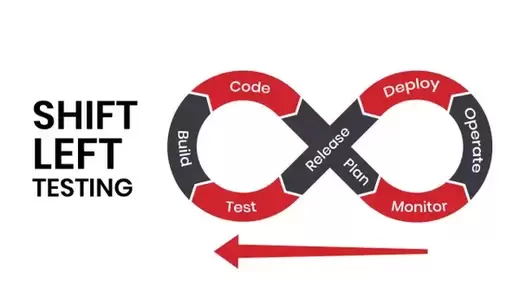
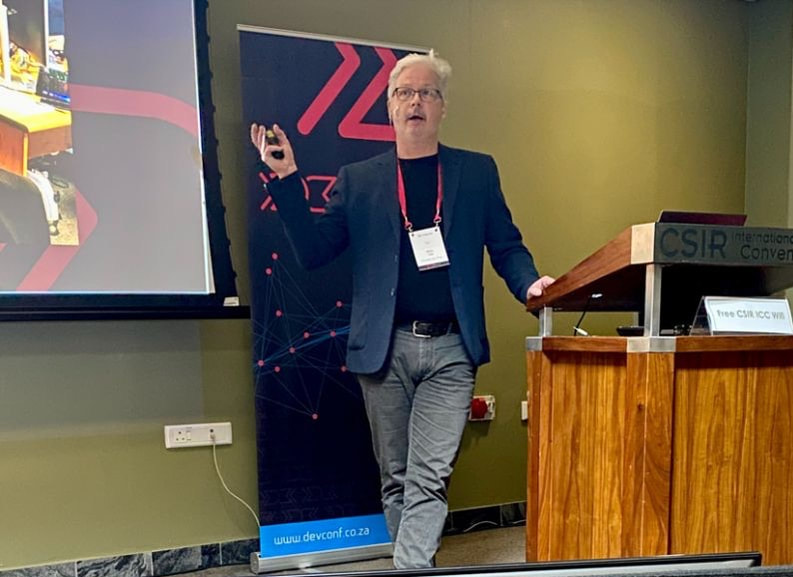
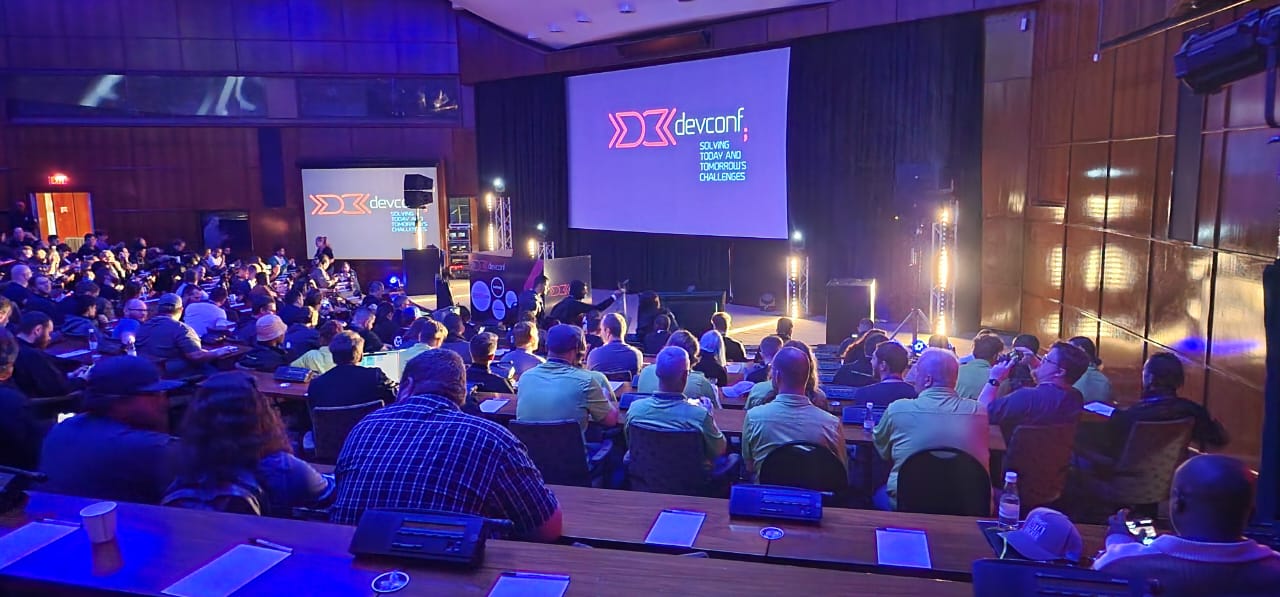
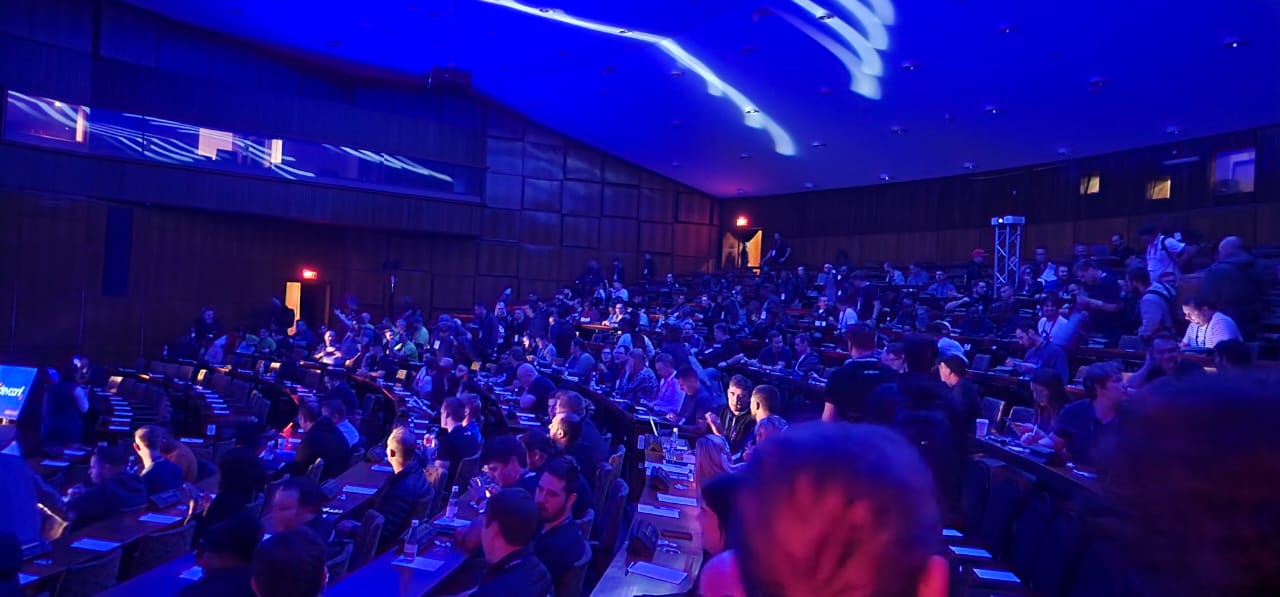
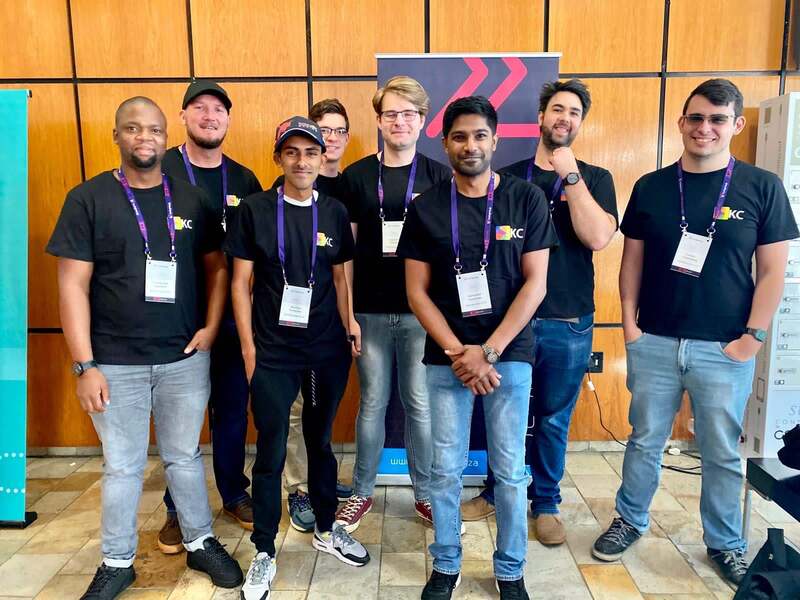
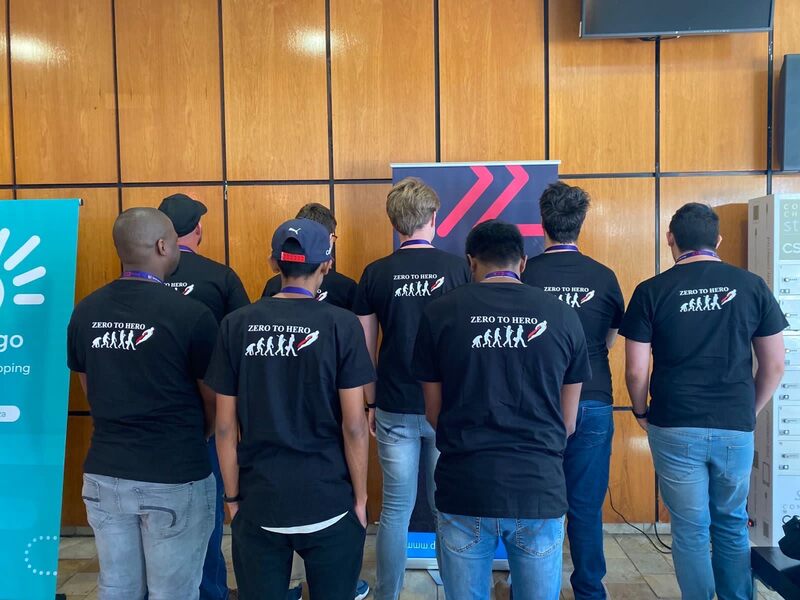
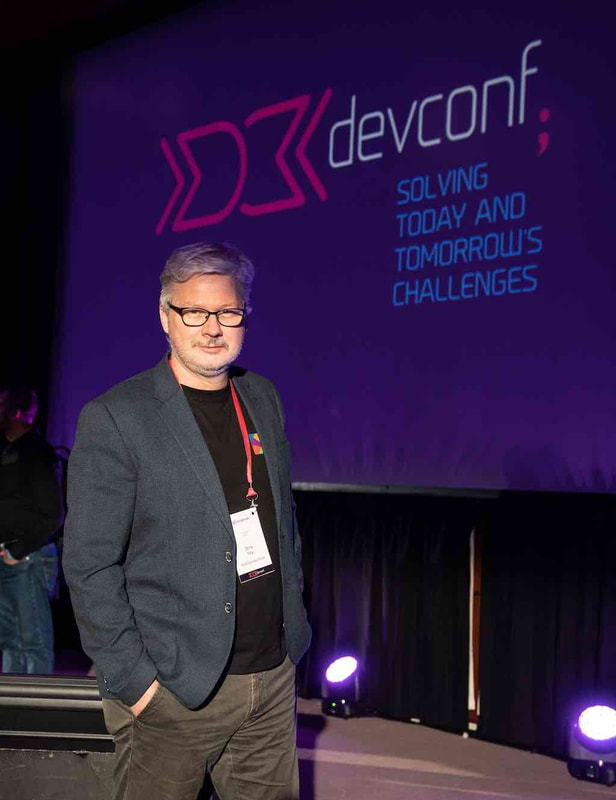

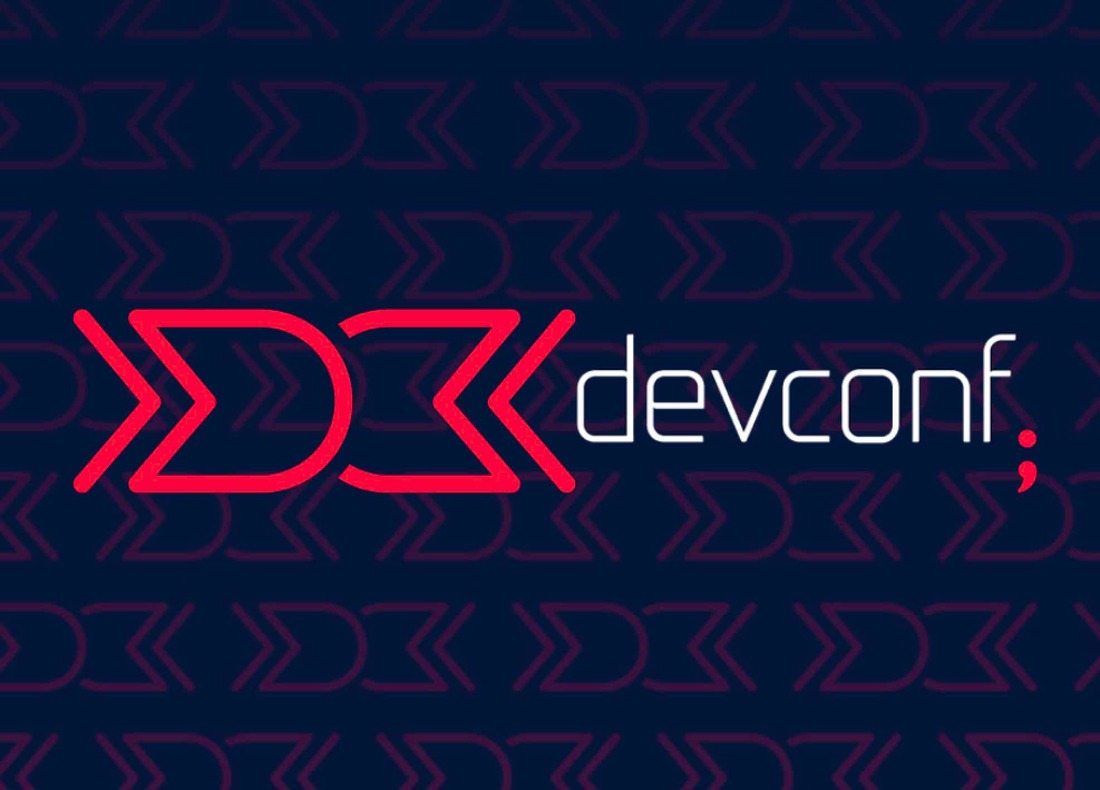
 RSS Feed
RSS Feed

